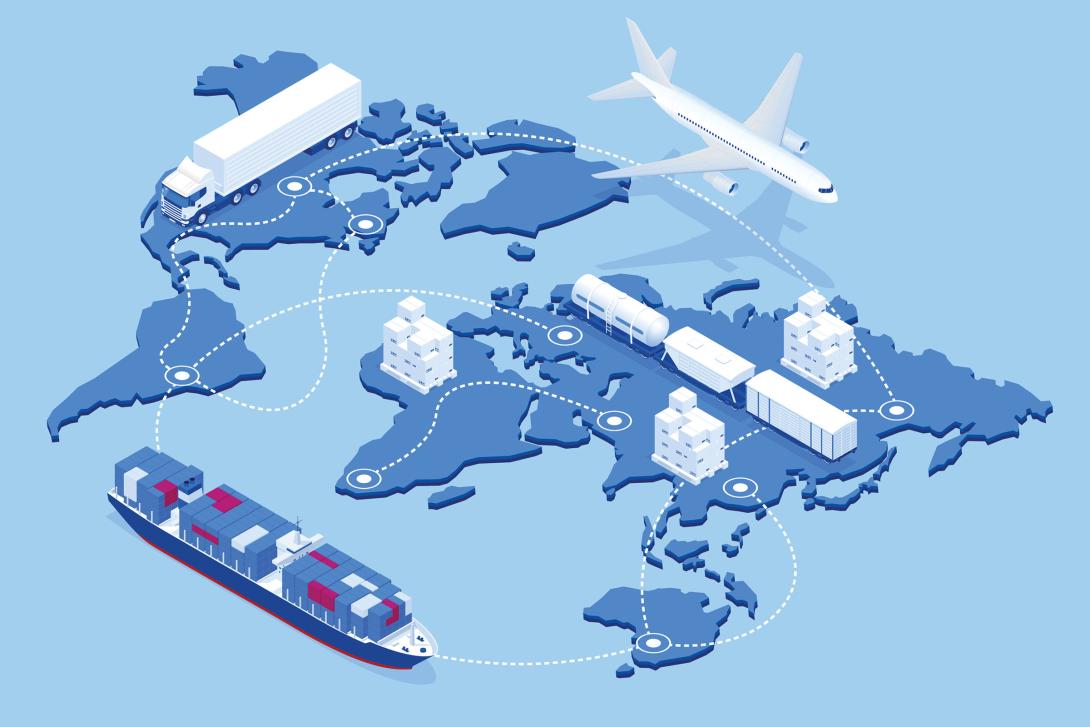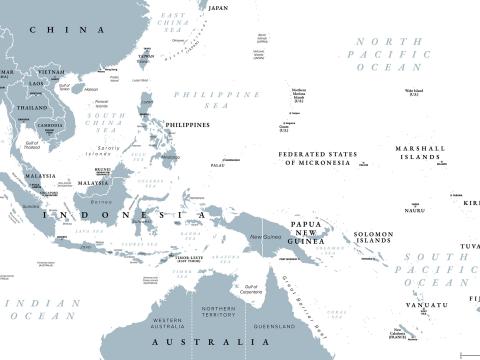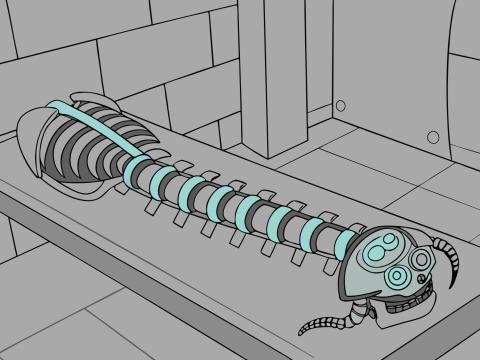Disruptive By Design: Equitable Supply Chains
Supply and demand are the basis of Economics 101, and while economics tends to be a complicated subject, let’s try to simplify how we approach it. As a supply chain threat intelligence analyst, the requirement to evaluate any threat to the supply chain quickly evolves into a global assessment of where the supply is and how it arrives at the location of demand. The state of global transportation has become the biggest threat.
Global transportation of goods through the various levels of border control and customs evaluations quickly delays the distribution of both commercial products and government aid to the people who need the supplies for their survival. Freight containers full of perishable items remain in terminals at maritime ports waiting for ground vehicles that never arrive due to a lack of drivers and often spoil long before they reach their location. The need for an ethical and efficient supply chain must be addressed if we are ever going to move past the point of just surviving.
Today, forced labor, modern slavery and human trafficking take advantage of vulnerable communities. Without fair, equitable labor standards, the exploitation and abuse continue while violence over the control of resources continues to feed war-hungry dictators. Workers are promised a better life only to be taken advantage of and controlled through fear.
Re: Structure Lab—a collaboration of leading academic experts, researchers and real-world practitioners working on forced labor and evidence-based anti-trafficking policy—has developed economic models to help create an environment of due diligence, transparency and social auditing that is meant to create an equitable supply chain. Re: Structure Lab argues that there is a need for the redistribution of value through wage benchmarking targeting a living wage, along with worker-driven social responsibility programs, general support for labor organizing, the strengthening of anti-trust measures and a reorientation of corporate focus if we are ever going to eliminate forced labor from the global economy.
Meanwhile, researchers Verónica Villena and Dennis Gioia, published in the Harvard Business Review, argue that although multinational corporations (MNCs) are promising to adhere to social and economic standards, low-tier suppliers lack the systems required for managing and handling major problems. As more small businesses work to step into the supply chain of MNCs, there is a need for these MNCs to collaborate and educate low-tier suppliers in their network, as well as communicating the need for social and environmental considerations through the procurement process.
The information silos created in the name of security have further created bottlenecks in the supply chain where distribution is delayed and back-channel deals further corrode the system, but is it possible to attack all these needs, or are we doomed to follow the patterns of past inequities? This is where the hope of future technologies tends to take over the conversation. However, sometimes to disrupt a system, we must go back through the original process.
Building off the work of Re: Structure Lab, it is possible to build a decentralized system to track the supply chain, produce training and combat misinformation, disinformation and malinformation through a coordinated effort, but we must be willing to work together. The supply chain is the most critical information system, and without proper care, the most vulnerable. It is the first system that governments attempt to manipulate in times of war and can sway a populace to riot in times of peace.
Without a secure and ethical supply chain, the current world powers will crumble, and only those able to sustain themselves will survive the fallout.
Elle Younker, a member of AFCEA’s Emerging Professionals in the Intelligence Community, or EPIC, is an ethical social engineer and cyber threat intelligence analyst supporting the national security sector. The views and opinions expressed are those of the author and do not necessarily reflect the policy or position of organizations they are affiliated with or AFCEA International.
Disruptive by Design explores innovation and ideas with the potential to expand capabilities and revolutionize products, services and behaviors. The opinions expressed in this article are not to be construed as official or reflecting the views of AFCEA International.





Comments